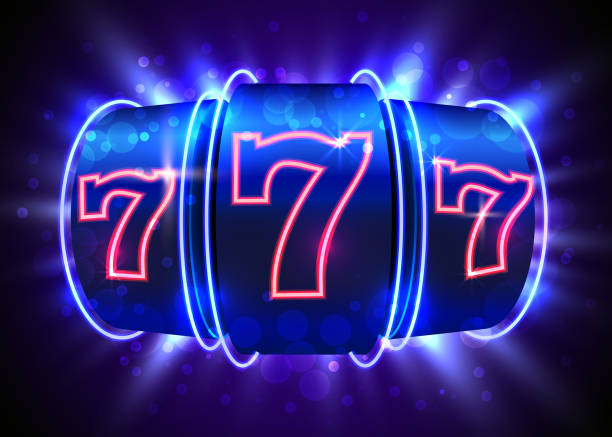Lotteries have been around for centuries, and in many different forms. From ancient Rome to modern-day America, people have been drawn to the thrill of potentially winning a large sum of money for a small investment. But what exactly is the lottery, and how does it work?
In its most basic form, a lottery is a game of chance in which participants purchase tickets with the hope of winning a prize. The prize is typically funded by the sale of the tickets, with a portion of the proceeds often going towards charitable causes or government programs. There are many different types of lotteries, including scratch-off tickets, number-drawn games, and sports betting.
One of the most well-known lotteries in the world is the Powerball, which is played in multiple states in the United States. Participants select a set of numbers and then wait for the drawing to see if they match the winning numbers. The odds of winning the Powerball jackpot are incredibly slim, but that doesn’t stop millions of people from purchasing tickets in the hopes of striking it rich.
The lottery has also been used as a tool for funding public projects and initiatives. In many states and countries, a portion of lottery proceeds go towards education, infrastructure, and other public programs. This has led to the popular saying, “You can’t win if you don’t play,” as many people feel that their participation in the lottery is a way of giving back to their community.
Critics of the lottery argue that it preys on the poor and vulnerable, who may see the lottery as their only chance at financial security. They also point to the addictive nature of gambling and argue that the lottery can have negative social and economic consequences.
Despite the controversy surrounding the lottery, it remains extremely popular around the world. For many people, the lottery represents a small investment for the chance at a life-changing reward. While the odds may be stacked against them, the allure of the jackpot is often too much to resist.
In conclusion, the lottery is a game of chance in which participants purchase tickets for the opportunity to win a prize. It has a long and storied history, and has become a popular form of entertainment and fundraising. Whether you see the lottery as a harmless pastime or a harmful form of gambling, there’s no denying its enduring popularity.














